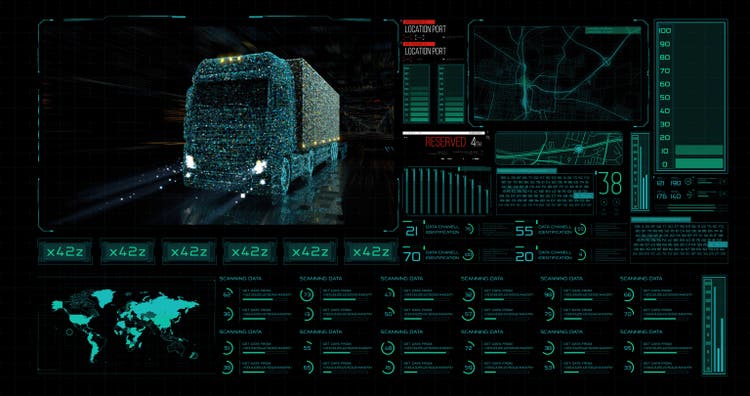Summary:
Gregory Cooke generated $700,000 in revenue using AI tools without showing his face
Faceless AI entrepreneurs are building six-figure businesses with no public persona or large following
The global creator economy is projected to reach $480 billion by 2027
Low-cost tools like ChatGPT and Canva make this model accessible to anyone
Critics worry about dependence on third-party platforms and content quality
The Rise of Faceless AI Video Creators
In early 2024, Gregory Cooke, a 27-year-old entrepreneur, embarked on a unique journey into the world of faceless AI-generated content. Unlike traditional entrepreneurs who build personal brands, Cooke leveraged AI tools like ChatGPT and Canva to create digital products, generating over $700,000 in revenue without ever showing his face.
The Faceless Business Model
Cooke is part of a growing trend of solo digital entrepreneurs who are using AI and automation to build profitable businesses without a public persona. This model, often referred to as "AI asset farming," allows individuals to turn their knowledge into income-producing assets without the need for a team or personal brand.
- Ashley Kemp, a British Army veteran, also found success with this model, generating six figures in net monthly income from a digital guide on affiliate marketing, created entirely with AI tools.
- These entrepreneurs rely on platforms like Gumroad, Stan Store, and Kajabi to sell their products and use AI avatars from Synthesia to promote them through short-form content.
The Economics Behind the Trend
The global creator economy is projected to reach $480 billion by 2027, with the digital education sector expected to surpass $80 billion by 2030. What makes this model particularly appealing is its low barrier to entry—most tools used are free or under $30 a month.
Challenges and Criticisms
Despite its success, the faceless AI business model faces skepticism:
- Dependence on third-party platforms and the risk of algorithm changes.
- Concerns over the quality and credibility of AI-generated content.
- Platforms like TikTok and Meta have introduced new disclosure policies for AI-generated media.
The Future of Work
This trend reflects a broader shift in the modern workplace, where AI is automating up to 30% of hours worked in the U.S. by 2030. For many, this model offers a way to build sustainable income streams without sacrificing autonomy.
Whether this model is sustainable in the long term remains to be seen, but it undeniably lowers the barrier to entrepreneurship and redefines what creative work means in the digital age.








Comments